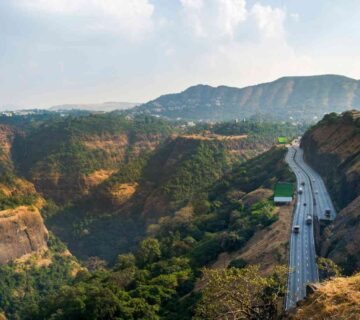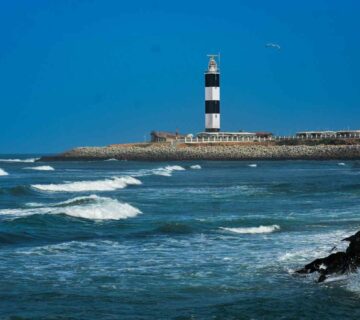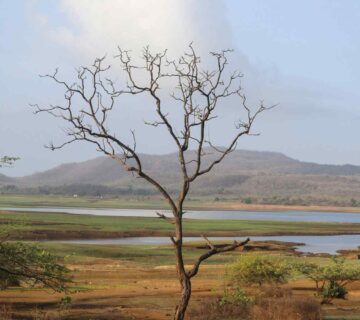ASSAM – The Gateway to the Northeast
Assam, the jewel of Northeast India, is a land of lush tea gardens, mighty rivers, wildlife-rich forests, and rich cultural heritage. Nestled between the eastern Himalayas and the Brahmaputra River Valley, Assam is the doorway to the northeastern states and a unique blend of nature, tradition, and history. It shares borders with Arunachal Pradesh, Nagaland, Manipur, Meghalaya, West Bengal, Bhutan, and Bangladesh.
Geography and Climate
Assam’s geography is dominated by the Brahmaputra River, which runs across its fertile plains, and the rolling hills of Karbi Anglong and Dima Hasao. The state has a tropical monsoon climate—humid summers, a long monsoon season, and pleasantly cool winters. The lush landscape makes it one of India’s greenest states.
Major Cities
Guwahati: The gateway city and largest urban center, home to the revered Kamakhya Temple and bustling markets.
Tezpur: A historical city known for its myths, temples, and scenic beauty along the Brahmaputra.
Dibrugarh: The “Tea City of India,” central to Assam’s tea industry.
Jorhat: Known for heritage tea estates, cultural festivals, and educational institutions.
Silchar: A cultural and commercial hub in southern Assam with Bengali influences.
Culture and Religion
Assam is a melting pot of ethnicities, traditions, and languages. It’s home to Bihu, a vibrant folk festival celebrating agriculture, dance, and music. The state is known for its traditional silk weaving (especially Muga and Eri silks), Satriya dance, and Vaishnavite spiritualism inspired by Srimanta Sankardev.
Important religious and spiritual sites include Kamakhya Temple, Umananda Temple, and Hajo, a place sacred to Hindus, Buddhists, and Muslims.
Natural Wonders and National Parks
-
Kaziranga National Park: A UNESCO World Heritage Site, famous for the one-horned rhinoceros, tigers, elephants, and migratory birds.
-
Manas National Park: A biosphere reserve with dense forests and rich wildlife along the Bhutanese border.
-
Majuli Island: The world’s largest river island, known for its monasteries (satras), culture, and scenic landscapes.
-
Dibru-Saikhowa National Park: A haven for birdwatchers and riverine biodiversity.
Adventure and Tourism
-
Wildlife Safaris: In Kaziranga, Manas, and Nameri National Parks.
-
River Cruises: On the Brahmaputra, especially from Guwahati to Majuli or Kaziranga.
-
Tea Tourism: Stay in heritage tea bungalows in Dibrugarh and Jorhat.
-
Cultural Experiences: Attend Bihu festivals, explore Satras in Majuli, or watch silk weaving in Sualkuchi.
-
Spiritual Tourism: Visit Kamakhya Temple (especially during Ambubachi Mela) and explore the sacred town of Hajo.
Cuisine
Assamese cuisine is hearty and rooted in simplicity and freshness. Key dishes include Khar, Masor Tenga (sour fish curry), Duck curry, and Pitika (mashed vegetables/fish). Bamboo shoots, mustard, and fermented ingredients are widely used. Don’t miss traditional Assam tea and rice-based sweets like Pitha.
Economy and Development
Assam’s economy is fueled by agriculture, tea production, oil and natural gas, and handloom weaving. Guwahati is emerging as a major business and education hub in the region. Tourism is growing rapidly, with focus on eco-tourism, wildlife, and heritage circuits.
Conclusion
Assam is a land of quiet charm, where nature and culture coexist beautifully. Whether you’re spotting rhinos in Kaziranga, dancing to the tunes of Bihu, cruising the Brahmaputra, or sipping tea in colonial-era gardens, Assam offers an unforgettable journey through India’s Northeast.
Quick Facts
-
Currency: Indian Rupee (INR)
-
Language: Assamese (English and Hindi are widely spoken)
-
Visa: e-Visa available for many nationalities
📅 Tour Duration
7 Days / 6 Nights
(Customizable options available!)




No comment